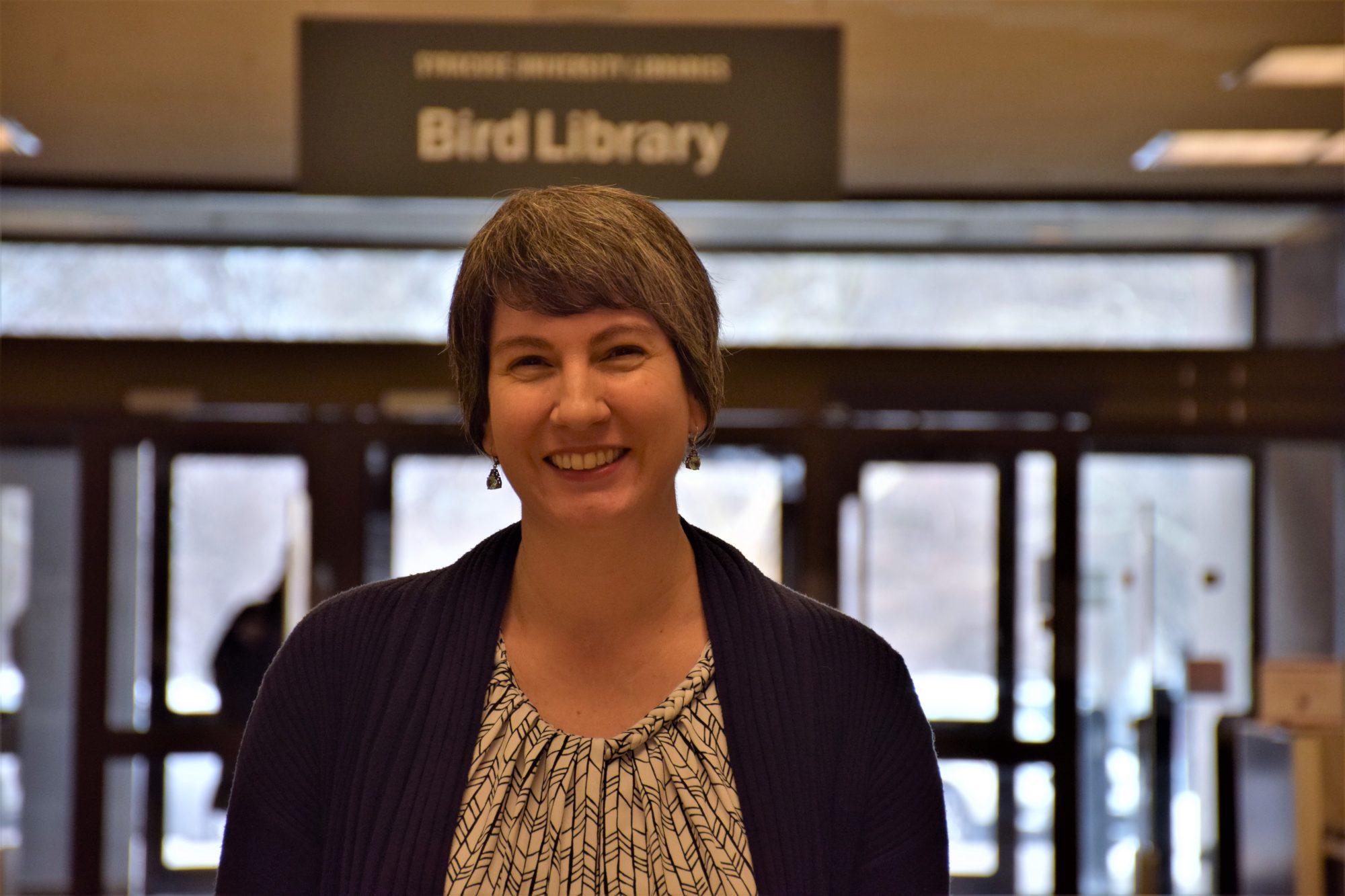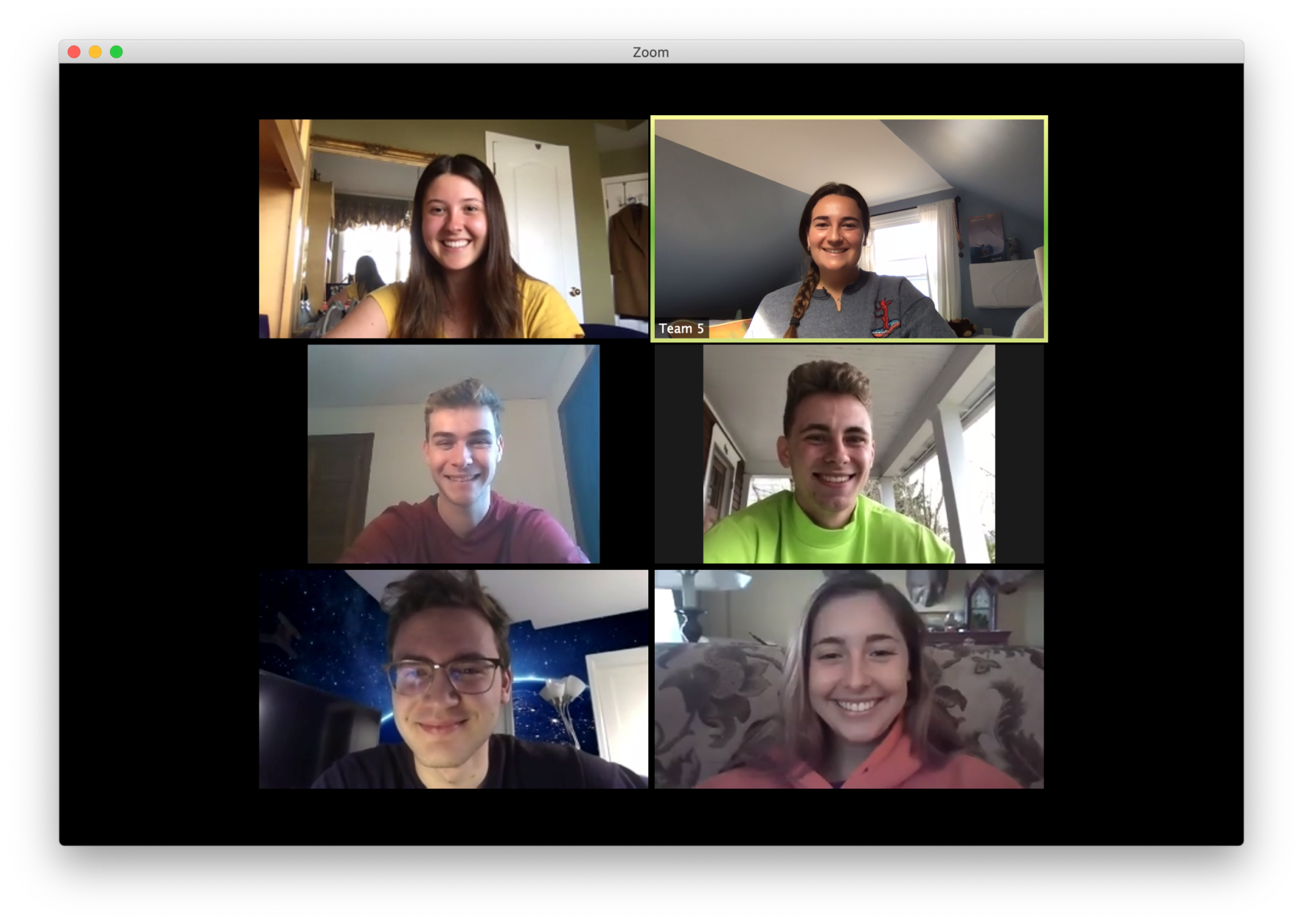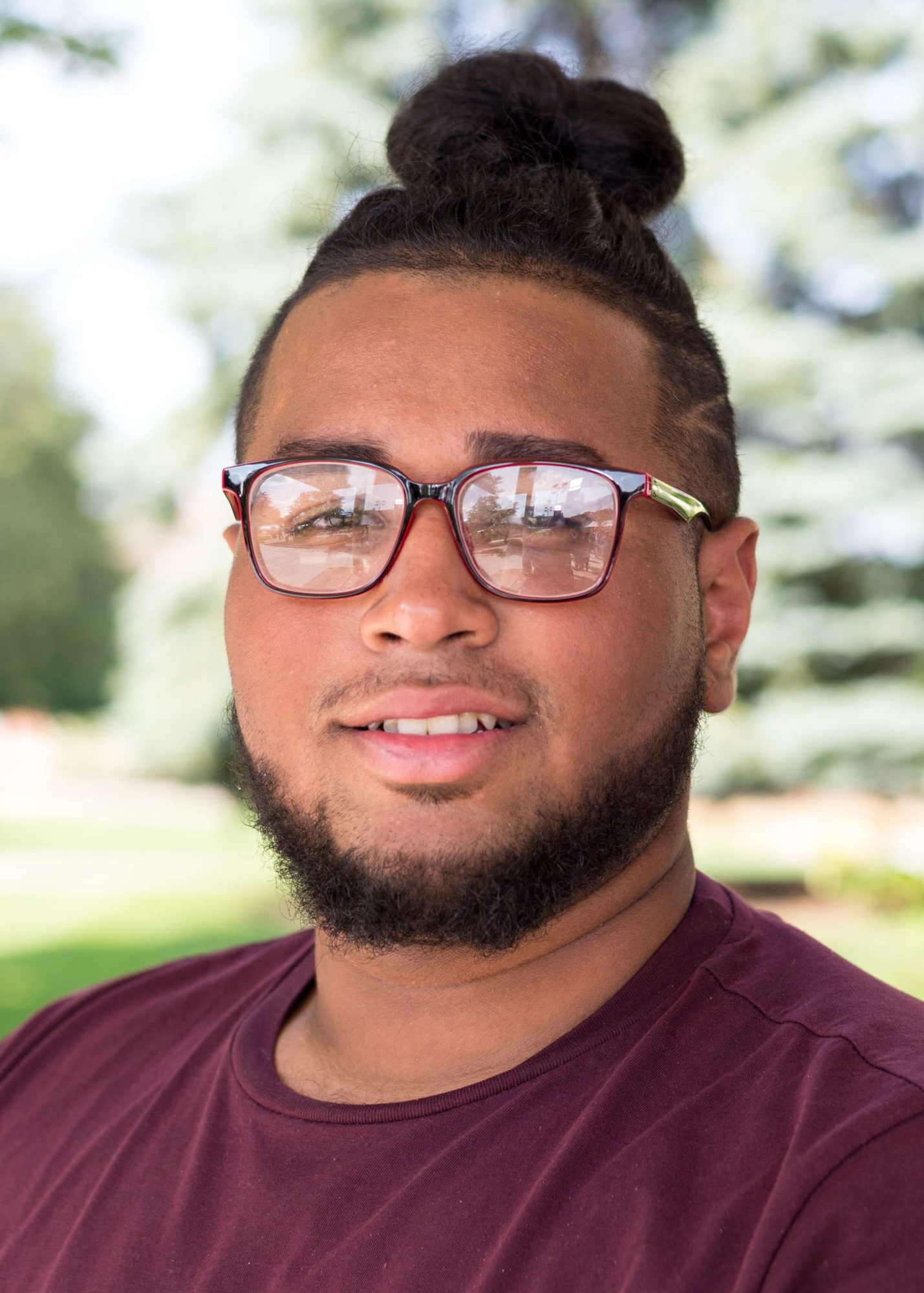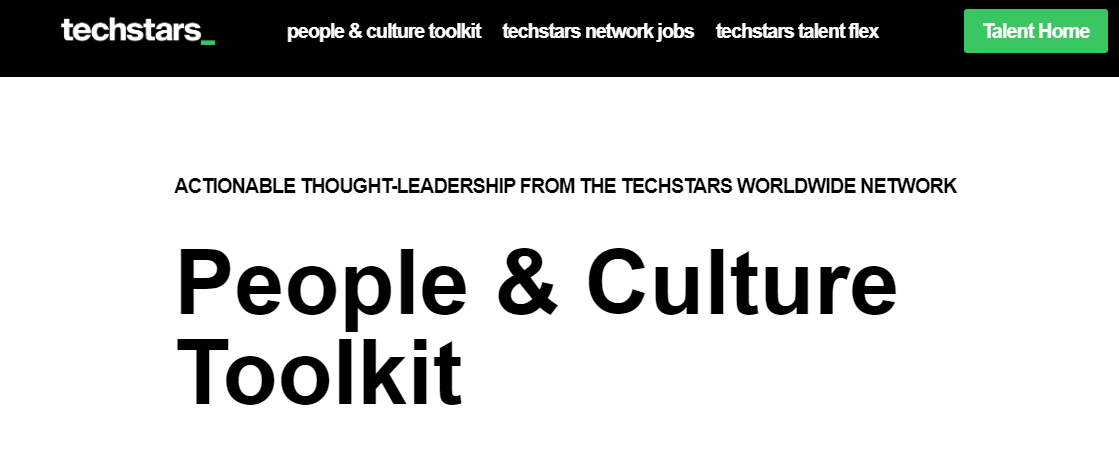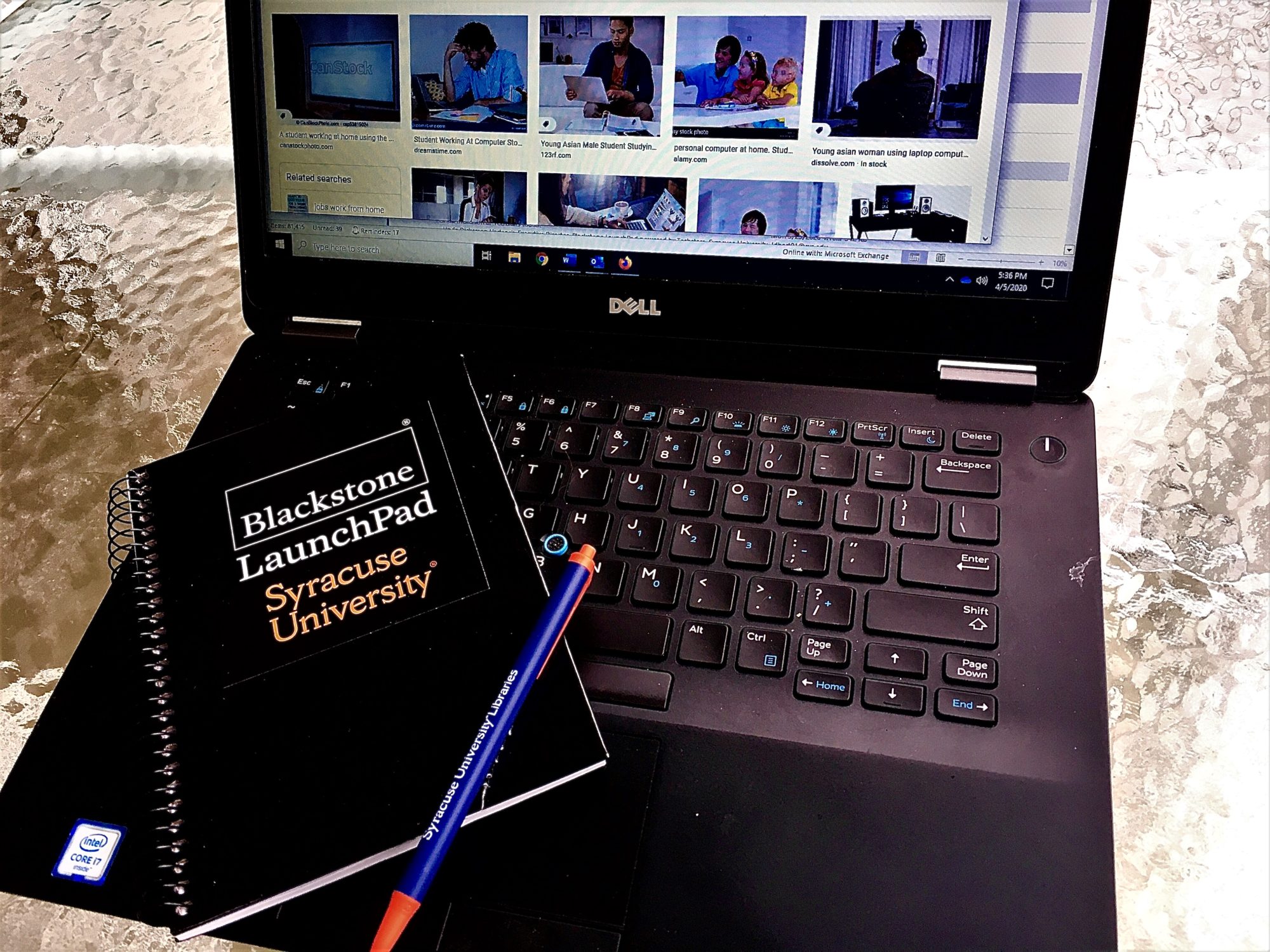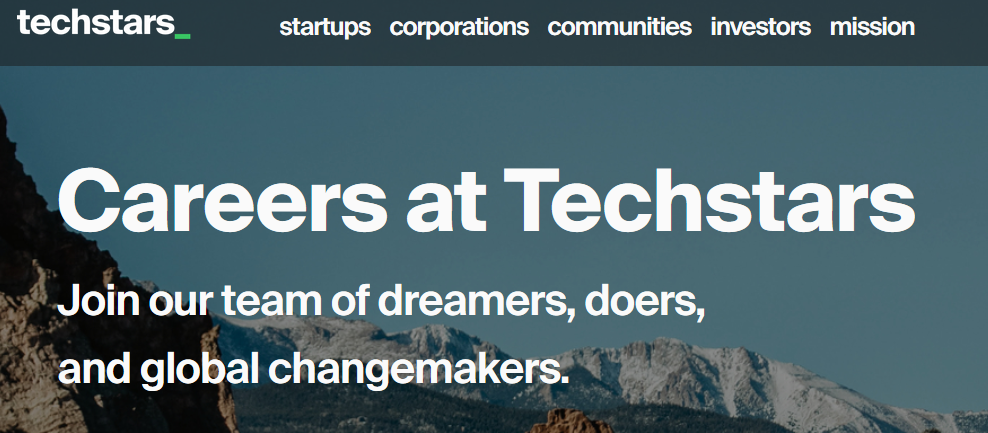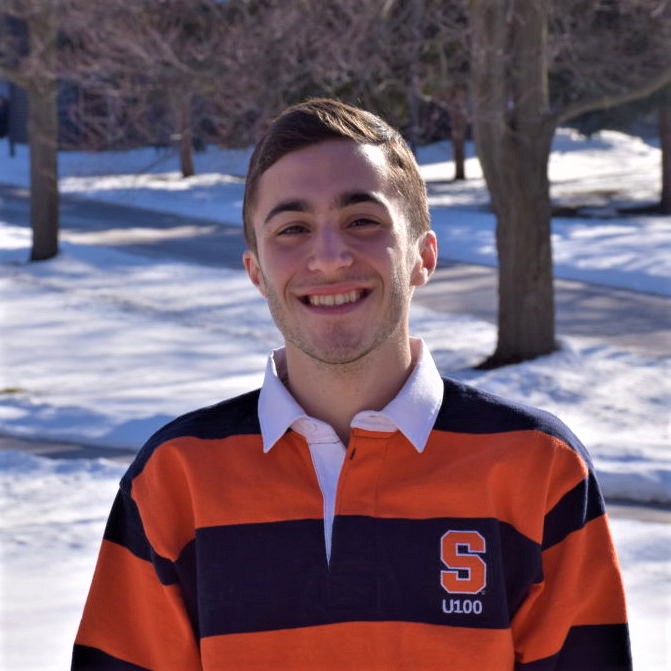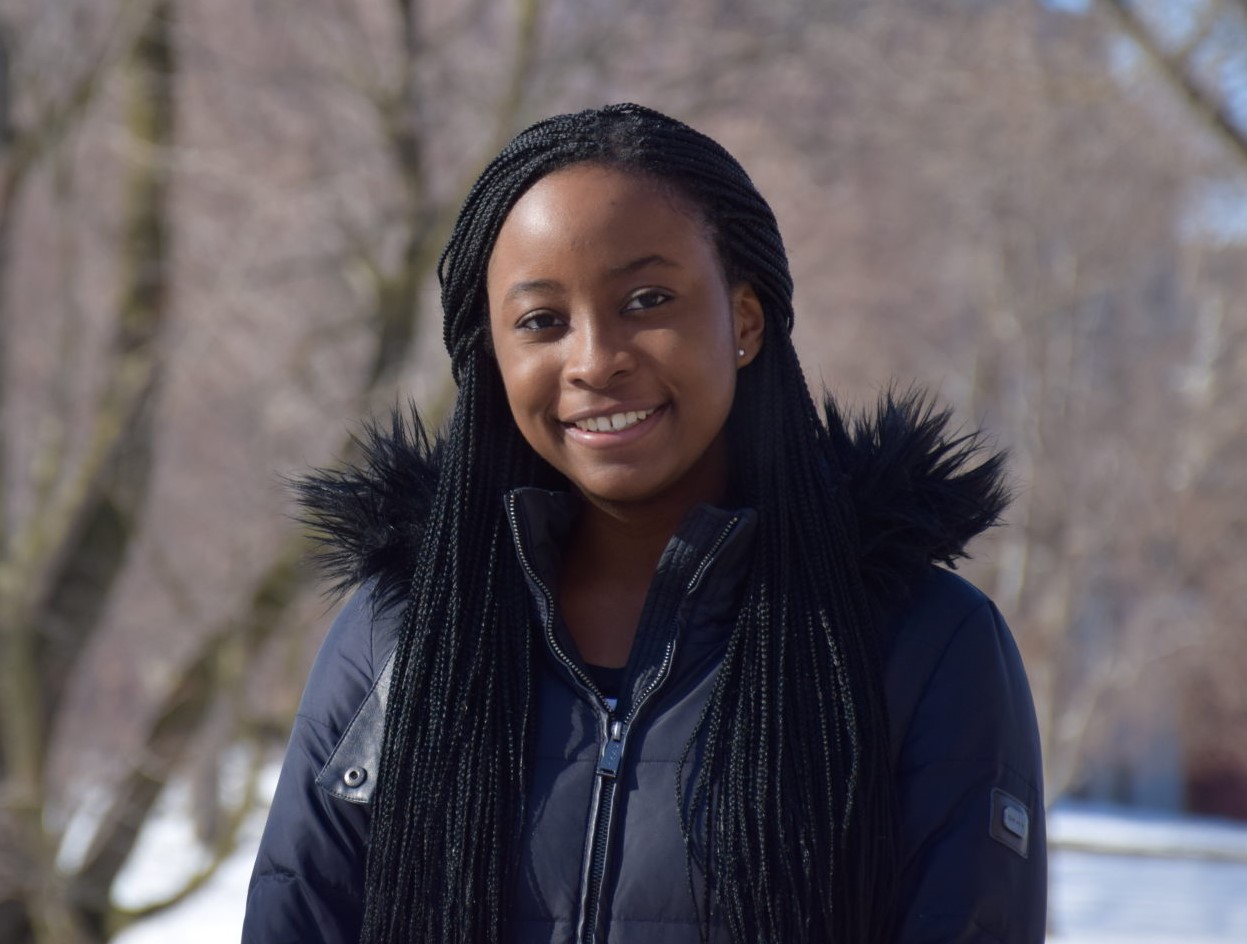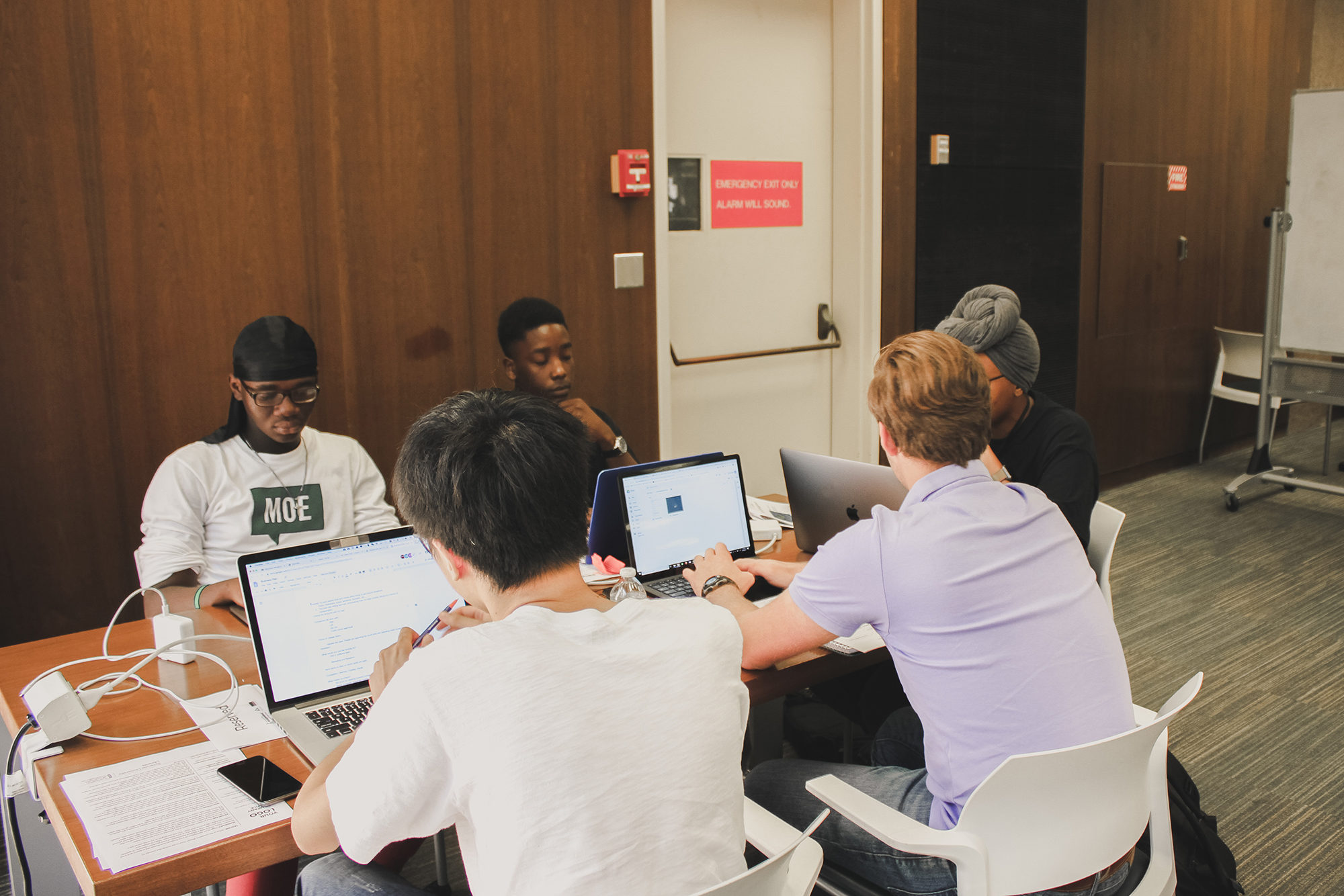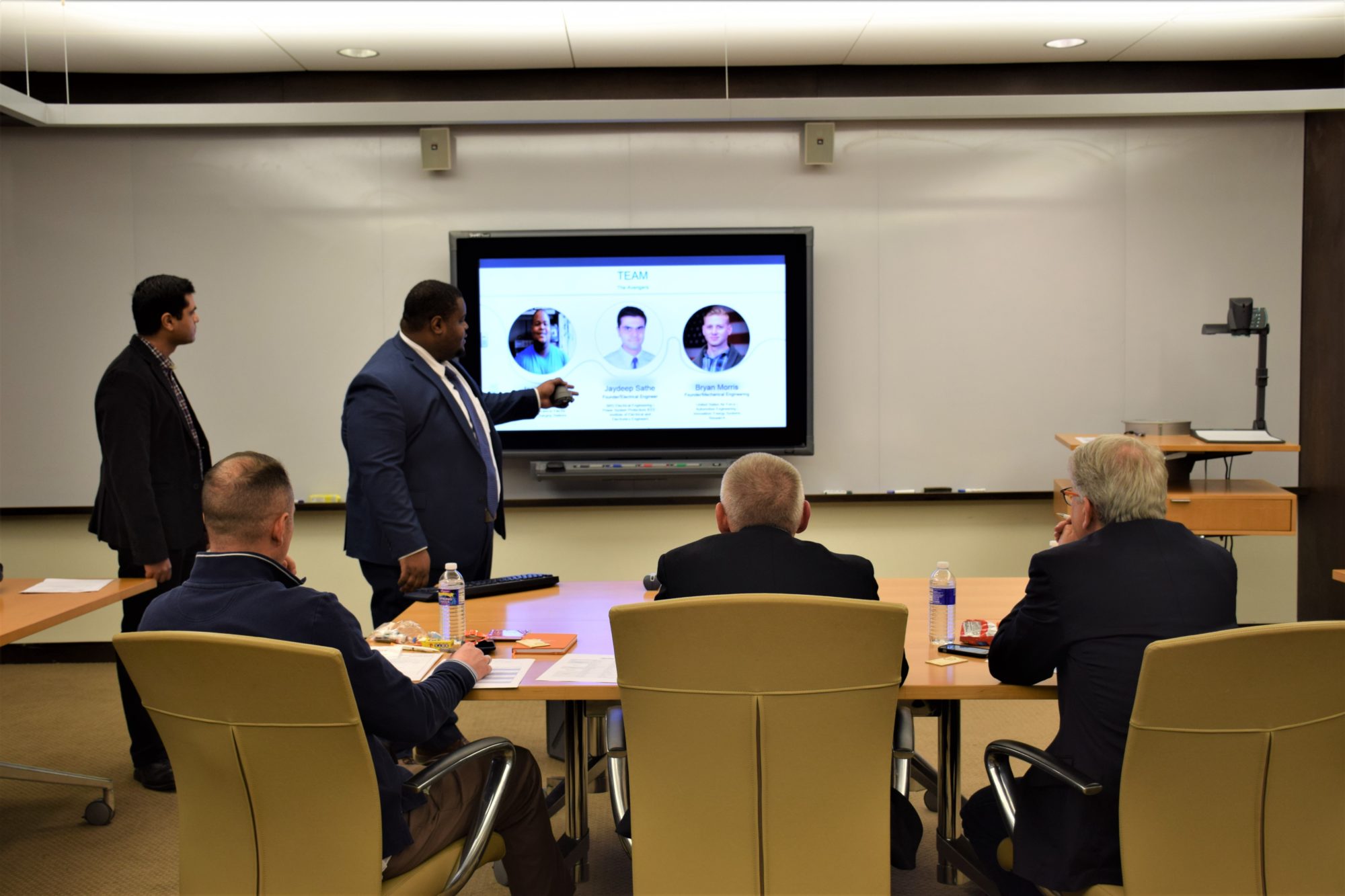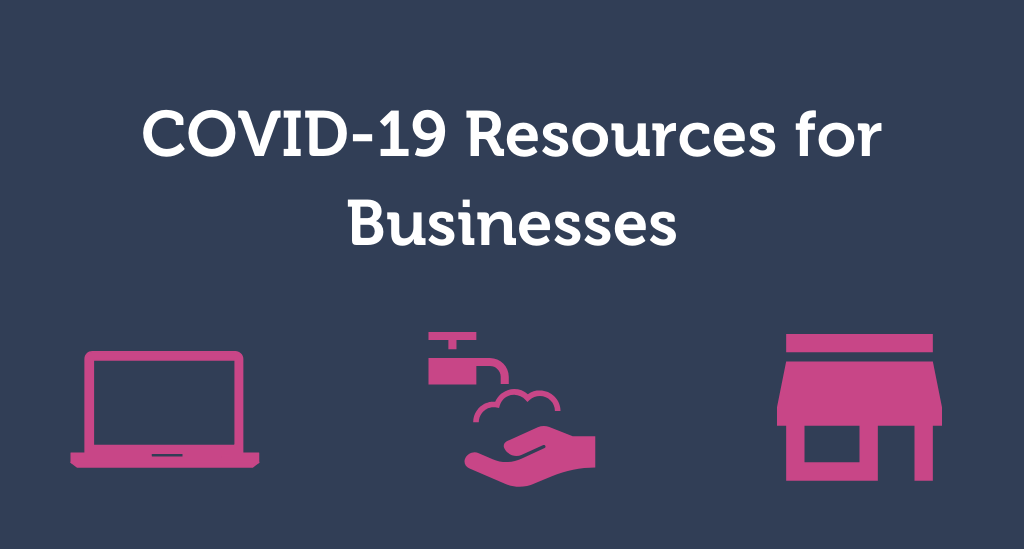
It takes a good partner to get through challenges together. If you’re looking for advice on accessing business assistance through the COVID-19 crisis, visit the COVID-19 Resource Center developed by Pursuit, (formerly the New York Business Development Corporation and affiliates The 504 Company and Excelsior Growth Fund). One of the largest SBA lenders in the country, Pursuit works with partner banks across the New York, New Jersey and Pennsylvania region to provide alternative financing for startups and small businesses, ranging from $10,000 to more than $5,500,000. It is leading the effort to mobilize resources and information around the CARES Act/Paycheck Protection Program, SBA Disaster Funding and other funding options.
Disaster funding options
Loan and grant programs have started to become available for businesses impacted by COVID-19 in New York, New Jersey and Pennsylvania. More information on these programs is becoming available on a daily basis. Please check the COVID-19 Resource Center page frequently for information, as it is being updated daily in real time. Here are the programs that are currently available or in progress:
National disaster funding programs
SBA Economic Injury Disaster Loan Program (EIDL) – Businesses in New Jersey, New York, and PA can access loans of up to $2 million at 3.75%. The SBA is now directly accepting applications.
Please note that communications from the SBA on this program will always come from a .gov mail address. The online application for this program is only available here: disasterloan.sba.gov/ela/
The CARES (Coronavirus Aid, Relief and Economic Security) Act provides loans, grants and debt relief to businesses.
Pursuit loan programs: Pursuit will offer the Paycheck Protection Program. Sign up to be alerted when the program launches.
View a list of Frequently Asked Questions about COVID-19 Resources

